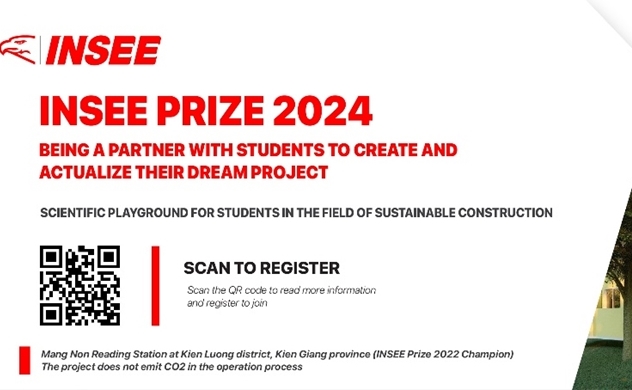SPAC IPOs plummet in a pile of fire sales and bankruptcies
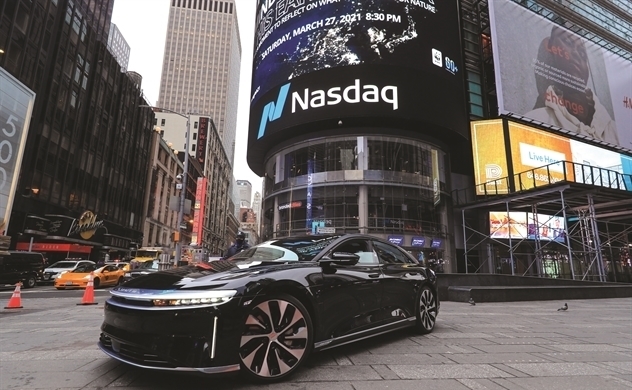
This type of IPO is falling out of favor and decreasing in popularity. Photo: Lucid Motors
Lordstown Motors has filed for bankruptcy in the court of the state of Delaware, USA. This is one of the electric vehicle startups that chose to list shares on the stock exchange by merging with “blank-check” companies.
Currently, Lordstown Motors is almost out of cash, while accusing Foxconn of fraud by failing to fulfill a series of investment promises under the agreement to inject capital up to $170 million. Foxconn alleged that Lordstown violated the investment agreement by letting it share price fall below $1.
Founded in 2018 but in October 2020, this EV startup merged with a SPAC (special purpose acquisition company) called DiamondPeak Holdings Corp. At the time, the transaction was valued at about $1.6 billion. Following in the footsteps of Lordstown Motors, the SPAC listing movement of electric vehicle startups has flourished as this listing promises quick access to capital.
"Bitter fruits" of the EV industry
Other EV manufacturers such as Lucid, Nikola, Fisker, and Canoo have also conducted IPOs through SPAC. At the present time, the majority of these companies are trading at or below their valuations.
Lordstown is an example. The automaker was valued at $1.6 billion at the time of the merger, but in less than 24 months, the company's value dropped to $69 million.
In July 2021, Lucid Motors merged with Churchill Capital Corp. to list on Nasdaq. The deal was initially valued at around $24 billion and became one of the largest SPAC deals at the time. After the merger, shares of Lucid Motors traded at $7.16. Market capitalization fell more than 30%, to $16.3 billion as of July 13, 2023.
Nikola was also in a similar situation. In June 2020, the hydrogen and electric vehicle maker merged with VectoIQ Acquisition Corp. to conduct transactions on Nasdaq. After the merger, Nikola is valued at about $3.3 billion.
However, after the transaction, the electric car company faced accusations of fraud, causing the company's share price to plummet and investor confidence to decline. By July 13, 2023, Nikola's stock price dropped to $1.38, with a market capitalization of $985 million. The company has lost almost 70% of its value.
Emerging on Wall Street since 2020, the form of listing shares through SPAC is being seen as an alternative to the traditional IPO. Favorable market conditions such as low interest rates and high liquidity make investors pay special attention to this type of listing.
SPAC IPOs plummet
Over the years, many companies have chosen to IPO through “blank-check” companies. The US stock market used to record more than 600 registrations for listing under this form, so the quality of appraisal during the consolidation process of companies was seriously reduced. As a result, investors suffer losses and are negatively impacted.
This type of IPO is falling out of favor and decreasing in popularity. According to Statista's data, in 2020 there are 248 companies conducting IPO through SPAC in the US. This number increased to 613 the following year, by 2022, the market will only have 86 listed companies in this form. In the first 5 months of 2023, only 14 companies chose to list through SPAC.
In addition to the electric car companies mentioned above, many merger companies failed. Some SPAC mergers did not meet expectations, leading to poor performance of post-merger groups. Since then, investors' confidence in the quality of startups has weakened.
SPACs are also regularly scrutinized by the U.S. Securities and Exchange Commission, focusing on issues such as incomplete disclosures, potential conflicts of interest, and misleading statements. The market went down and the SPAC was affected by the overall decline of the market as well as the change in investor attitudes.
In fact, many businesses in the US have suffered from failure when choosing to list through SPAC. It is even harder for foreign businesses to want to go this route. The question is "Is the method of initial public offering by merging with another enterprise suitable for an emerging market like Vietnam?"
Admittedly IPO through SPAC also has certain advantages, as this is the shortest path for private enterprises to become public companies to attract investors who are looking for investment opportunities at an early stage.
However, as mentioned above, SPAC companies are often criticized for not disclosing sufficient information, potential conflicts of interest, and poor post-merger performance. To maintain investor protection and market integrity, regulators such as the US Securities and Exchange Commission have increased their oversight of SPACs.
By careful assessment, emerging companies can minimize risks and maximize the benefits of SPAC mergers. Thorough investigation, use of skilled consultants, and strict adherence to regulatory compliance are all necessary for a successful and mutually beneficial merger.
In addition, the listed company needs to determine whether the investment strategy of the SPAC company is in line with its long-term goals and growth plans, ensuring that the merger will provide the right resources, knowledge, and market access.
Listed companies also need to explore strategies for obtaining additional financing beyond SPAC mergers to address possible acquisition deficits. Engaging with institutional investors, and venture capital firms, or researching debt financing options will help fill any funding shortfalls.
* Sam Van is Senior Vice President and Head of Advisory Services at Freedom US Markets. He used to work for New York Stock Exchange as Former Director of International Listing Dept.
Same category news
-
Huyền Hoàng
-
Thanh Hang
Latest news
-
Vân Nguyễn
-
Huyen Hoang

 TIẾNG VIỆT
TIẾNG VIỆT 

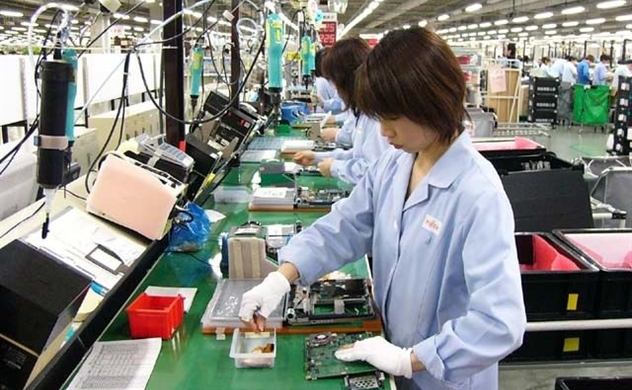

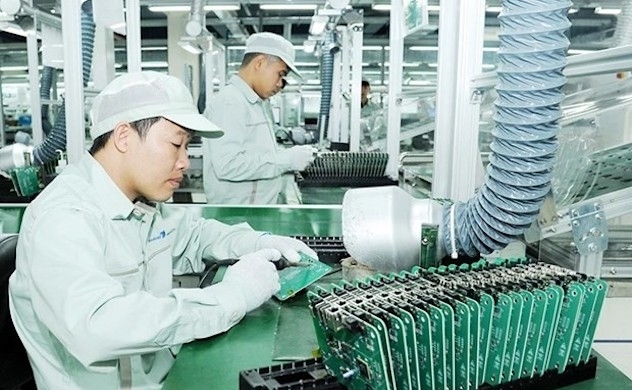
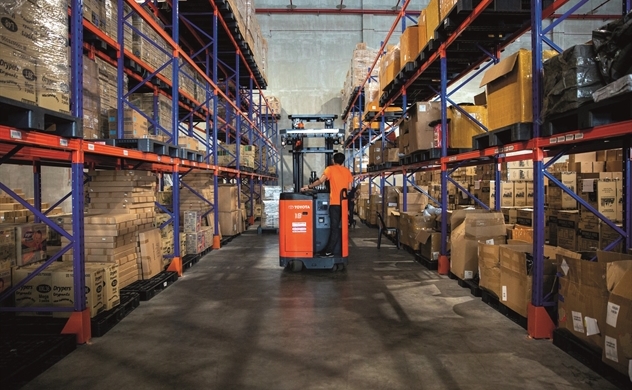
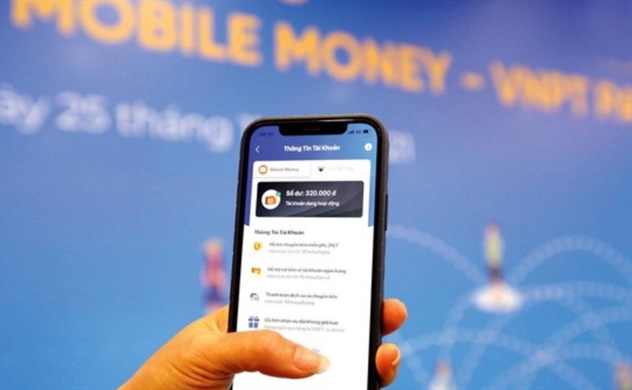




_291615658.jpg)
